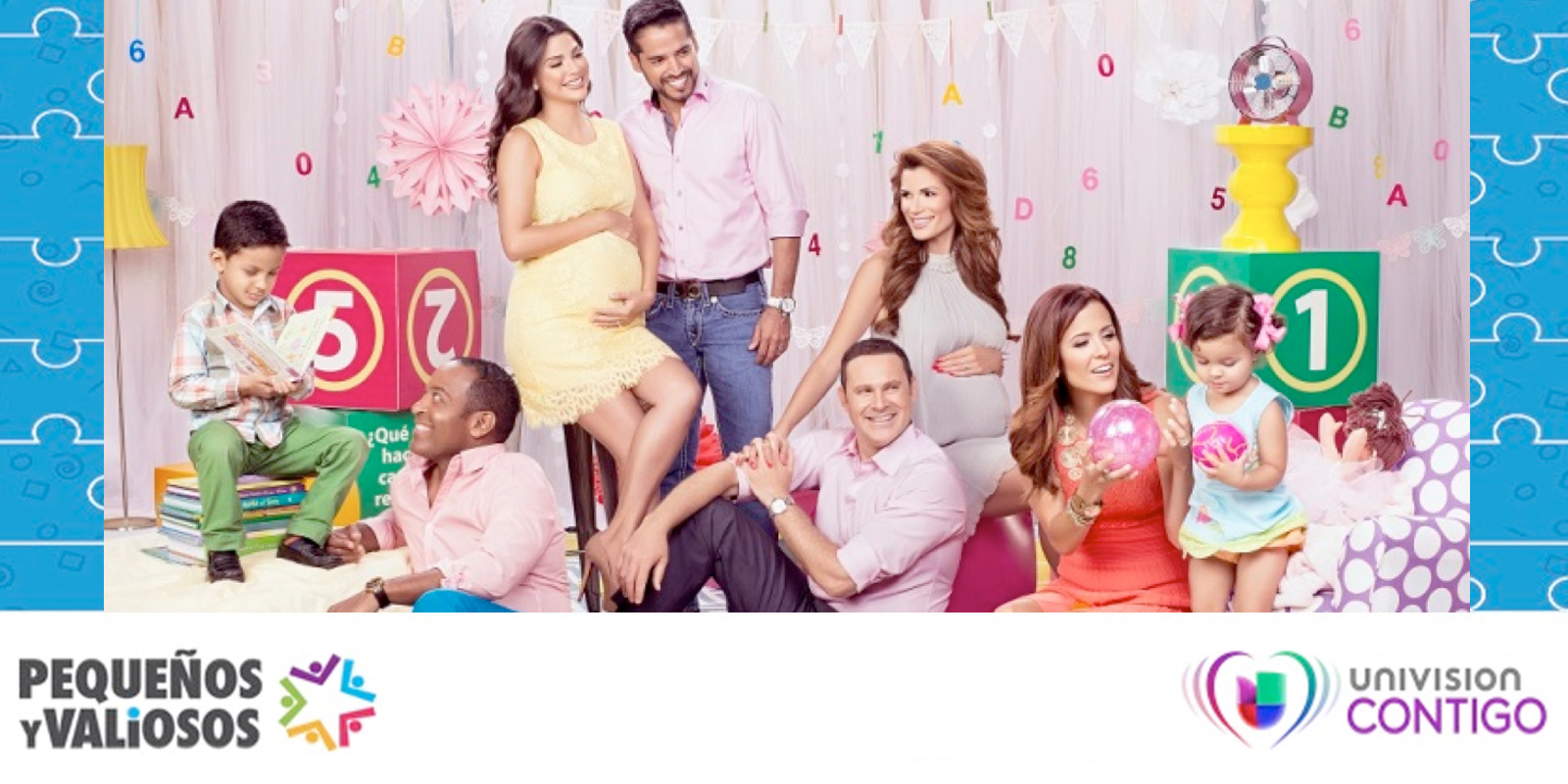Because we can’t take our Early Learning Nation Studio on the road during this time, stay tuned as ELN recaps Top Takeaways from important conversations, panels, town halls and virtual events from the Early Learning field. Read them all and join the conversation! And visit our Early Learning Nation channel on YouTube for interviews with leaders from education, child development, business, politics and more.
On Tuesday, October 13, Patti Miller, CEO at Too Small to Fail (TSTF), moderated a discussion with her colleague Stephen Massey, along with Claudia Bojorquez (Univision), and Anthony Tassi (Literacy Partners). The group highlighted their ongoing collaboration and shared the story behind the innovative media strategies they craft for Spanish-speaking parents and communities. The Campaign for Grade-Level Reading (CGLR) hosted the conversation. Below are our top five takeaways from the event.
1. Young brains are busy. Science shows us that in the first few years, more than one million neural connections are being formed every second. These connections are incited when caregivers talk, sing and read with children, aiding in healthy brain development. Although the research is a matter of some debate, some studies show that children from lower-income families hear millions of fewer words than their higher-income counterparts. Additionally, 60% of America’s children show up to kindergarten without the language and literacy skills needed to succeed. Further, many Hispanic families in America face economic, linguistic and cultural challenges that make it hard to prepare young children to learn–a challenge addressed by TSTF, an initiative of the Clinton Foundation.
3. There’s power in storytelling. Together they craft and provide resources that are both educational and entertaining to their millions of viewers across the country. Pequeños y Valiosos (Young and Valuable) was the first multiplatform public awareness campaign. They developed their very own prime-time telenovela (soap opera) full of engaging early childhood content. La Fuerza de Creer was the first miniseries that came out of the growing partnership and was supported in part by Vroom (an initiative of the Bezos Family Foundation). The series has been seen by more than 1.4 million viewers on Univision. Another initiative, La Fuerza de Familias Latinas, is in the works.
4. Reinforced messaging leads to greater social impact. “There is a lot of research about the role of entertainment programming in shifting knowledge, attitude and behavior on a range of public health and other social issues,” Massey said. “We hypothesized that we might be able to replicate some of that impact on early childhood issues.” The work of embedding this messaging in familiar cultural art forms has meaningfully shifted parent attitude and behaviors. This work is complemented by workshops to deliver impact closer to home. “We bring parents together. They watch clips from the telenovela and they talk about it,” Tassi explained. “They analyze what they’ve seen and relate that back to their own lives. At the end of each session, they agree on an action that they can take at home.” Deepening engagement in this manner inspires tangible change in areas that are important to viewers.
👉 Learn more: Resources for Familias Latinas
5. Community connection is critical. “The number one issue that has come up throughout the years is education,” Bojorquez said. “Getting involved in social impact issues has always been a part of our DNA. It’s who we are and where we’ve stood for the last 60 years.” Input from focus groups with Hispanic parents, work with independent evaluators and informal engagement with thousands of Univision viewers contribute to the development and iteration of their campaigns. “Harnessing the narratives of people’s everyday lives is the key to supporting them in developing skills and applying those skills in ways that are meaningful for them,” Tassi said.
In partnership with leaders in early learning education, Univision has leveraged its entire broadcast network to ensure that every Hispanic child can get to kindergarten ready to learn.

Mark Swartz
Mark Swartz writes about efforts to improve early care and education as well as developments in the U.S. care economy. He lives in Maryland.



